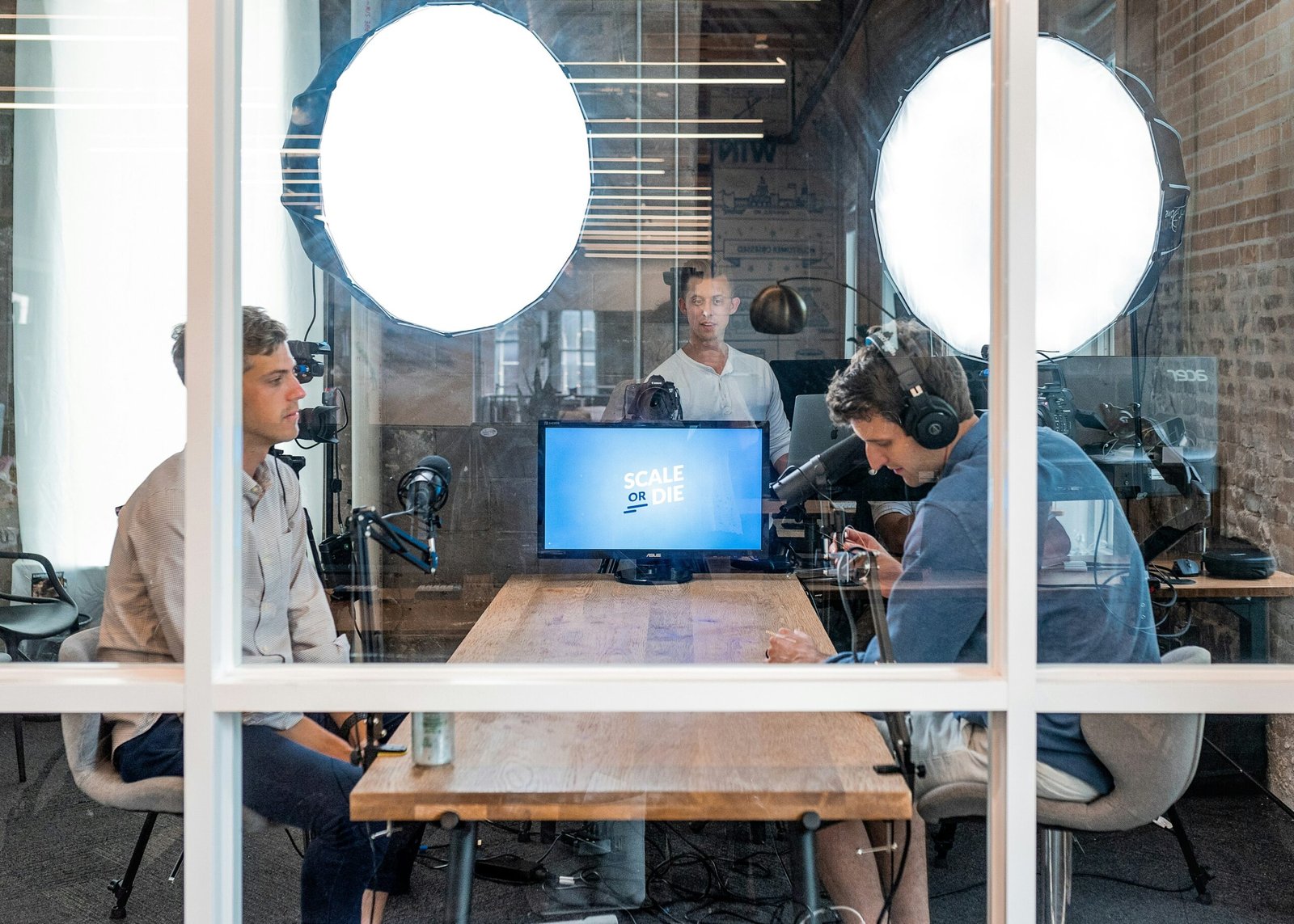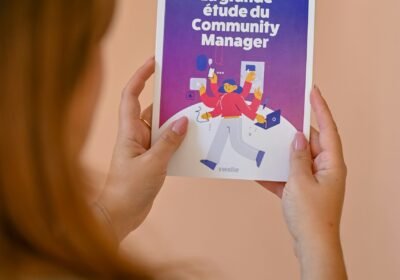Discovering Modern Slovak Lifestyle: Trends and Transformations
The Rise of Minimalism in Slovakia
In recent years, minimalism has emerged as a prominent trend among Slovak citizens, redefining how they approach their living spaces, consumer habits, and overall mental well-being. This lifestyle shift reflects a broader desire for simplicity in a world increasingly characterized by excess and complexity. As individuals seek to declutter their homes and lives, minimalism offers a refreshing perspective that emphasizes quality over quantity.
Slovaks are increasingly aware of the benefits of adopting a minimalist lifestyle, leading to a noticeable decline in consumerism. Many citizens are now prioritizing experiences over material possessions, choosing to invest in moments that enrich their lives rather than accumulating unnecessary belongings. This shift has not only influenced personal choices but has also had a ripple effect on local businesses, prompting them to offer more curated and high-quality products that cater to this growing demographic of conscious consumers.
The impact of minimalism is particularly evident in Slovak living spaces. Homes are being transformed into serene sanctuaries that reflect individual values and preferences rather than being filled with clutter. Open spaces with neutral color palettes and intentional decor help create an atmosphere conducive to relaxation and mindfulness. This transformation also extends to work environments as more Slovaks embrace minimalistic design principles to enhance productivity and focus.
Furthermore, the psychological benefits associated with minimalism cannot be overlooked. Many individuals report increased levels of happiness and reduced stress after decluttering their lives. By simplifying their surroundings, Slovaks are fostering mental clarity and allowing themselves to reconnect with what truly matters. As the trend of minimalism continues to grow, it is reshaping the modern Slovak lifestyle, encouraging a more mindful approach to daily living.
Sustainable Living: A New Norm
The adoption of sustainable living practices is increasingly becoming a fundamental aspect of modern Slovak lifestyle. With growing awareness of environmental issues, many Slovaks are integrating eco-friendly practices into their daily routines. One prominent shift is the rise in recycling initiatives across the country. Municipalities are enhancing infrastructure to make it easier for residents to separate and recycle waste, thereby reducing landfill contributions. This collective effort reflects a broader commitment to environmental stewardship.
In addition to recycling, local sourcing of products is gaining traction. Many Slovak consumers are choosing to support local farmers and artisans, which not only boosts the economy but also minimizes the carbon footprint associated with long-distance transportation. Farmers’ markets and community-supported agriculture programs are flourishing, allowing citizens to access fresh, seasonal produce while fostering a sense of community involvement.
Moreover, the emphasis on reducing carbon footprints is shaping lifestyle choices significantly. More individuals are opting for sustainable modes of transportation, such as cycling and public transit, to limit their environmental impact. This shift is supported by the government through investments in infrastructure that prioritize pedestrian and cyclist access in urban areas.
Furthermore, the concept of sustainable living is being embraced by various sectors, including fashion and construction, where eco-friendly materials and practices are prioritized. Many companies are now adopting corporate social responsibility initiatives that focus on sustainability, appealing to a consumer base that increasingly values ethics alongside quality.
Overall, sustainable living is becoming a new norm in Slovakia, as it intertwines with daily life and community culture, promoting not only environmental consciousness but also healthier lifestyle choices. This trend is indicative of a society that is becoming more cognizant of its impact on the planet, aligning with global movements toward sustainability.
Health and Wellness Trends
In recent years, the health and wellness scene in Slovakia has been experiencing significant growth, reflecting a broader global trend towards prioritizing physical and mental well-being. As modern Slovaks become more aware of the benefits of healthy living, the popularity of yoga and fitness programs has surged, with many individuals incorporating these activities into their daily routines. Various studios and gyms have emerged across the country, offering diverse classes that cater to different fitness levels and preferences.
Yoga, in particular, has carved a niche within Slovak culture, with practitioners seeking not only physical fitness but also mental clarity and emotional balance. Studios are now providing a myriad of styles, from invigorating vinyasa flow to restorative yin, ensuring that there is something for everyone. This shift towards yoga symbolizes a wider acceptance of holistic health approaches, where emotional and spiritual health are regarded as equally important to physical well-being.
Additionally, the rise of wellness retreats has captured the attention of health-conscious individuals. These retreats often combine scenery and tranquility, allowing participants to disconnect from their daily routines while engaging in activities designed to rejuvenate the body and mind. Many offer programs that include guided fitness sessions, mindfulness practices, and nutrition workshops, further promoting the culture of healthy living.
Community initiatives have also played a crucial role in fostering health and wellness in Slovakia. Local groups are organizing events centered around healthy eating, outdoor activities, and group fitness classes, creating a sense of camaraderie among participants. This collective movement towards enhanced health is essential in shaping the modern Slovak lifestyle, underscoring the importance of taking care of both physical and mental health for a balanced life.
Cultural Revitalization and Its Impact on Daily Life
The cultural landscape of Slovakia is experiencing a notable revitalization, as traditional practices reemerge and find their place within contemporary society. This transformation is significantly changing the daily lives of many Slovaks, as they increasingly engage with their rich heritage through various forms of artistry and communal activities. One prominent aspect of this revival is the craftsmanship associated with traditional Slovak art forms, such as pottery, weaving, and woodwork. Artisans are reclaiming these age-old techniques and adapting them to modern tastes, resulting in unique products that reflect both identity and innovation.
Music, too, plays a critical role in this cultural renaissance. Folk music festivals and performances have gained popularity, fostering participation across generations. Traditional instruments and rhythms are being incorporated into contemporary musical genres, allowing Slovaks to connect with their roots while simultaneously embracing modernity. This blending of old and new not only enriches the Slovak music scene but also strengthens community ties by bringing people together during these celebratory events.
Slovak cuisine is undergoing a transformation of its own, with a growing emphasis being placed on locally sourced ingredients and traditional recipes. Many Slovaks are rediscovering their culinary heritage by engaging in local food practices, such as foraging, gardening, and cooking traditional meals. This shift not only promotes healthier lifestyles but also encourages communal dining experiences that foster social connections. Through the appreciation of local food and craftsmanship, individuals contribute to a shared sense of identity and pride in their heritage.
Overall, the revitalization of traditional Slovak cultural practices is having a profound effect on daily life, as it shapes lifestyle choices, promotes community interactions, and fosters a renewed sense of identity among Slovaks today.









